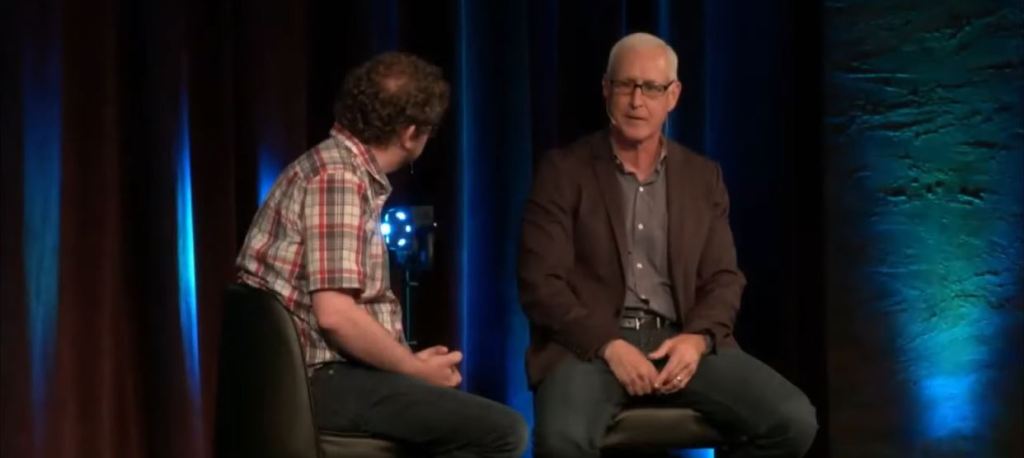
As Board member of the predominantly evangelical ministry, Administer Justice, a faith-based legal aid organization, I am concerned for Justice. That’s what the ministry is about.
Some skepticism is apparent among evangelicals and other conservative (or orthodox) Christians, however, about the biblical propriety of justice. To be more accurate, the concerns lie with the idea and movement that is labeled “social justice”, but the caution bleeds over into a focus on justice, itself.
Forgetting, for the moment, that a form of justice has been promoted that is divorced and disassociated from orthodox, conservative Christianity, is there any question that our God is a just God.
“His work is perfect, for all his ways are justice. A God of faithfulness and without iniquity, just and upright is he.” (Deuteronomy 32:4)
“Righteousness and justice are the foundation of your throne; steadfast love and faithfulness go before you.” (Psalm 89:14).
God is intimately and preeminently concerned about justice and expects us to “do justice”.
“Learn to do good; seek justice, correct oppression; bring justice to the fatherless, and please the widow’s cause,” (Isaiah 1:17)
“He has told you, O man, what is good; and what does the Lord require of you but to do justice, and to love kindness, and to walk humbly with your God?” (Micah 6:8)
And this biblical sense of justice isn’t just limited to the exhortations of prophets in the Old Testament. Jesus was very clear in His view of justice when he said,
“But woe to you Pharisees! For you tithe mint and rue and every herb, and neglect justice and the love of God. These you ought to have done, without neglecting the others….” (Luke 11:42)
Lest we risk being counted among the Pharisees, we need to take his words to heart. We should not neglect to do justice. We should get about doing the justice God commands us to do.[i]
At the same time, the phrase, “social justice”, carries with it connotations that we rightfully consider with caution. Though we can agree on many of the evils that are the targets of social justice – hunger, poverty, human trafficking, abuse of the elderly and so on – there are some key differences we should recognize between mere “social justice” and biblical justice.
For one thing, secular social justice focuses only on the here and now; whereas biblical justice focuses both on the here and now and eternity. The secular notion of social justice that is based on “civil rights” and “human dignity” has its roots in the idea that all people are made in the image of God, but it has been severed from those roots.
Social justice divorced from the idea of a just God is “grounded” in a currently persuasive social construct created by people that is not rooted to an eternal or timeless truth. That means there is no assurance that the same construct will continue to be persuasive in 500 years, or 100 years, or even 50 years.
But it goes deeper than that. I am not going to attempt a definitive treatise of the differences. I am going to highlight some basic differences with the help of J. Warner Wallace[ii] with the hope of bringing a little clarity that will help Christians take seriously God’s call for us to do justice without getting “off the path” into the secular weeds.
Continue reading “Distinguishing Biblical Justice from Social Justice I”


